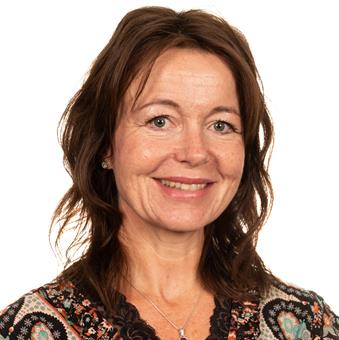In Sweden, almost 40 % of all people over 65 have some degree of hearing impairment. Impaired hearing has a negative impact on communication. Research also shows that there is a connection between hearing impairment and a range of physical, mental and social health consequences (for example, poorer physical function, poorer cognition and increased risk of depression, social isolation and dementia.
What is the impact on communication partners of older adults with hearing impairment?
New international studies show that the communication partner can also be negatively affected - a so-called third-party disability can occur. A third-party disability happens infamily members whose everyday function is hindered because of a relative's impaired health. In the case of hearing impairment, the research shows that a third-party disability in the form of poorer communication, social life and quality of life can affect the communication partner. Hearing is one of our most important senses and is crucial in communication. We have therefore chosen to call relatives communication partners in our research. This is to highlight the active role that the partner has in a relationship.
The purpose of the study
In this research study, we want to find out how a communication partner is affected by the fact that the partner has impaired hearing. The study aims to investigate older adults' self-assessed health and changes in communication and social activity in the relationship with a person with impaired hearing. The study is aimed at retired people, 65 or older, who live in a relationship with a person with impaired hearing. The goal is that the results should lead to more efficient hearing rehabilitation and improve the quality of life for people with hearing impairment and their communication partners to meaningful communication and enjoyment of life.




